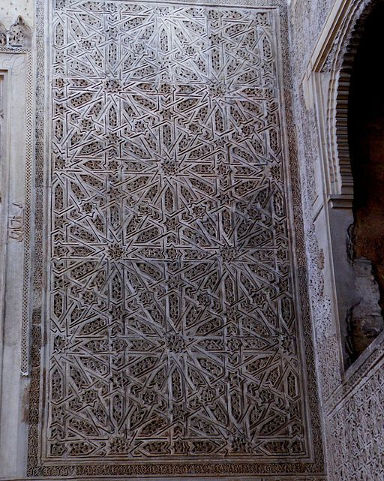Kabbalah

I'm starting to learn something of the Kabbalah - specifically I'm reading Gnosis of the Cosmic Christ by Tau Malachi. Normally this is not my thing - I prefer more straightforward rational thinking, but it was recommended to me so I'm persevering.
One of the early ideas presented I found quite powerful was in the description of the five Olamot or universes - the idea of divinity starting from intent or inmost will, progressing through mind, then thought, speech, and finally action. I've found this useful on a practical level, when trying to organise a complex task or communication I start by asking what is the intent, the spark that makes this something worth doing, whether that's internal or external. Then observe it as an abstract preconceptual idea. From the observation come thoughts and observations, including problems need to be worked through, and more general tasks that need to be completed. Next thinking about who knows what, what information needs to be conveyed, as well as planning what specific tasks need to be done in what order. Finally take action.
Other introspective systems like Daoism or Buddhism focus on experience rather than intent in early practice. This different perspective may lead to quite a different journey, emphasising the promotion of liberty over reduction of suffering. Ultimately both lead to similar destinations and most ideas from one tradition have analogs in the others, but both have quite different pitfalls, and I suspect the conscious experience on both paths to be different too.
Later sections I'm finding a struggle - its difficult to know what is there to obfuscate the message and what is to illuminate, and I have little patience for learning angels names and magic incantations.
Congratulations @snorri! You received a personal award!
You can view your badges on your Steem Board and compare to others on the Steem Ranking
Do not miss the last post from @steemitboard:
Vote for @Steemitboard as a witness to get one more award and increased upvotes!